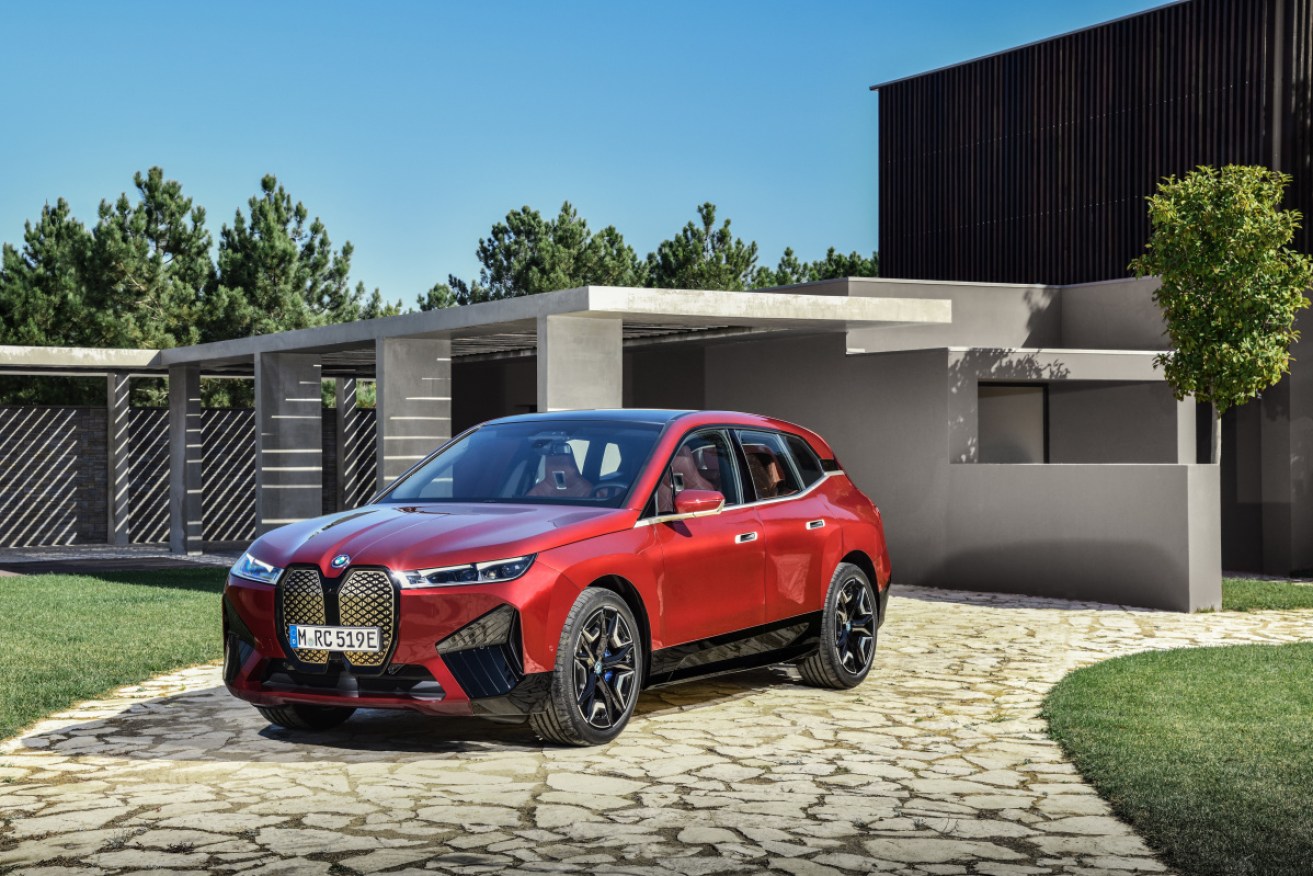Sustainable driving doesn’t mean sacrificing luxury


Sustainability and luxury go hand-in-hand when it comes to EVs.
You would be mistaken if you thought electric vehicle (EV) manufacturers have a sole focus on sustainability.
Going green doesn’t mean ditching the comforts of a finely-crafted, high performance vehicle.
With an increasing number of prestigious auto brands now in the electric vehicle market, consumers no longer have to choose between luxury and sustainability – the two now come hand-in-hand.
The International Energy Agency predicts 245 million electric vehicles will be on the world’s roads by 2030 – more than 30 times above today’s levels.

There are 3000 public charging stations across Australia.
Recognising this shift, premium vehicle manufacturers are producing electric vehicles with more style, speed and slick design to match the impressive sustainability features.
Here, the BMW Group is leading the way. Synonymous with quality and prestige, BMW is also fast becoming known for its innovative electric vehicles.
Not only do these vehicles offer emission-free driving; they also offer a range of impressive performance specs that have begun winning over future drivers.
Smooth acceleration from a standing start and a super responsive engine make for an incredible driving experience.
For example, the sporty BMW iX M60 goes from zero to 100km/h in 3.8 seconds.
Range anxiety is not an issue either, with BMW’s electric range offering battery range of up to 620km.
But BMW’s sustainable offering doesn’t just end with its driving performance – it continues across its interiors. The latest BMW iX features leather tanned with natural olive extract and free of chrome residues.
The wood interiors are made of FSC-certified timber, while recycled fishing nets are among the raw materials used for the floor coverings and mats.
It’s within these finer details that have defined how BMW delivers luxury in decades past, and it’s clear it will continue to do just the same – but in an even more sustainable fashion – in the decades to come.
This comes as a signal of intent for the BMW Group into the world of EVs. In December last year the company sold its one millionth electrified vehicle and by the end of 2025 it hopes to have delivered two millionth.
It also aims to deliver have 25 electrified models in its product range by the end of 2023, with 12 of these models to be fully electric.
It’s this commitment to environmentally responsible production across its entire value chain that will see it reduce its carbon footprint by 80 per cent in production and 20 per cent in the supply chain by 2030.
As a member of Australia’s Electric Vehicle Council and partnering with Chargefox, Australia’s largest electric vehicle charging network, the company has its sights set on accelerating EV adoption while ensuring it delivers an exceptional driving experience.
To learn more about the BMW Group and its electrified approach to a sustainable future, visit BMW Australia’s website.